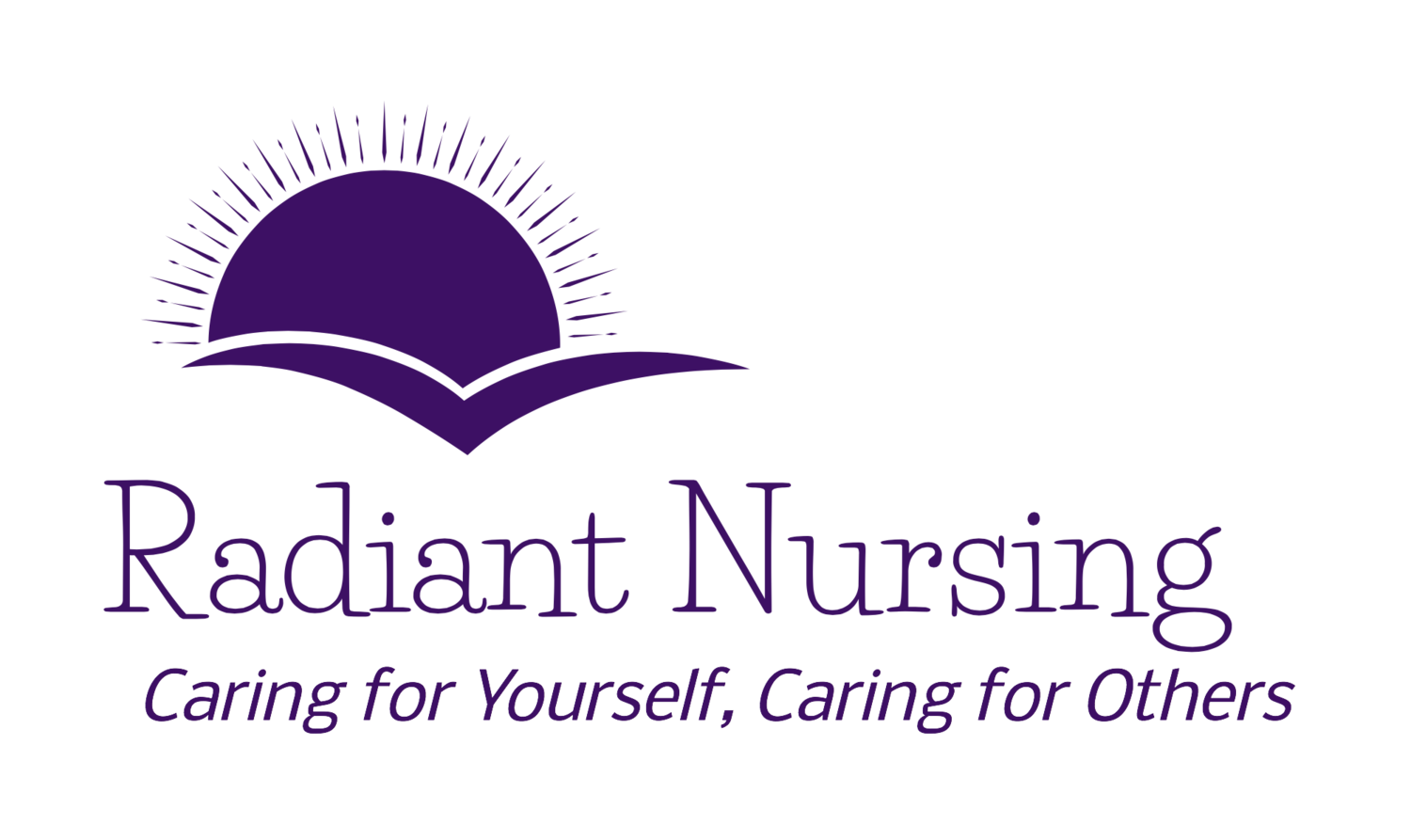Sunday 13 May 2013
/Happy Sunday!
Happy Mother's Day
It's Sunday and it's also Mother's Day in the United States. We dedicate this Sunday post to momma elephants and their babies.
Here is a painting of a mother elephant and her baby in the rays of an African sun.
Elephant Mothers And Grandmothers
Most animals don't have grandmothers, but elephants do. With lifespans of 70 years, highly social structures are nurtured in the herd. Older female elephants maintain a long relationship with their daughters and then provide much needed support with rearing of the young.
Research shows that calves are more likely to survive infancy with living grandmothers. This phenomena was found with both Asian and African elephants.
"Calves of young elephant mothers under 20 years of age had eight times lower mortality risk if the grandmother resided in the same location compared to calves whose grandmother was not present," according to Dr. Mirkka Lahdenperä, a lead author of a study. The benefit of having a grandmother was especially true for inexperienced adult daughters.
Elephant calves are dependent on their mothers for food for the first two years of life, nursing frequently throughout the day. Keeping a watchful eye on the infant to make sure they don't separate from the herd is a full time job. Grandmother elephants help protect and care for the baby elephant and provide guidance and support for the daughter.
A photograph of a mother elephant and her baby hold their trunks together, evoking the preciousness of their connection.
Happy Mother's Day to all our mommas.
Elephants and Sun, artwork by Heni Sandoval
Elephants bathed in sun rays, artwork by Melly Terpening







